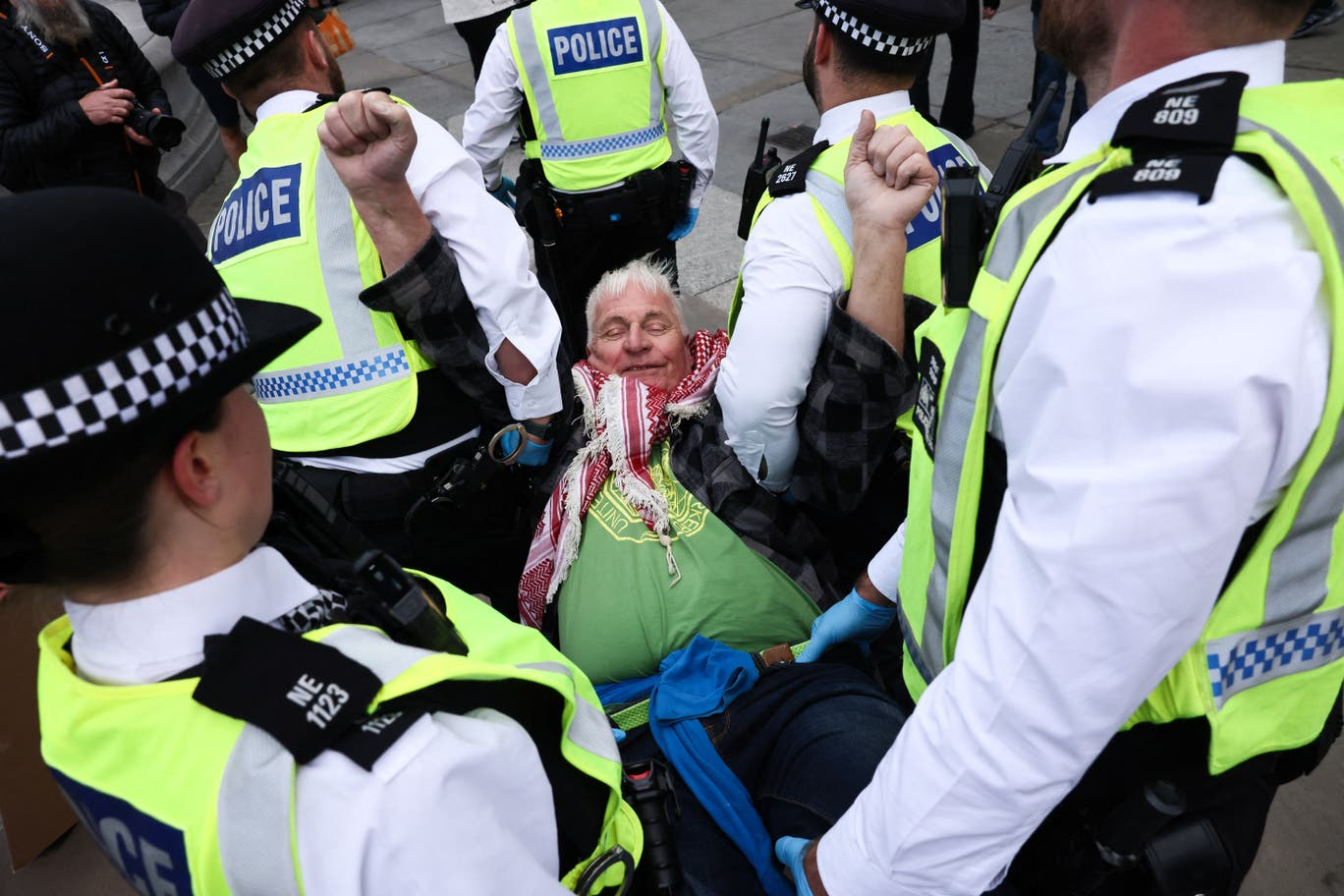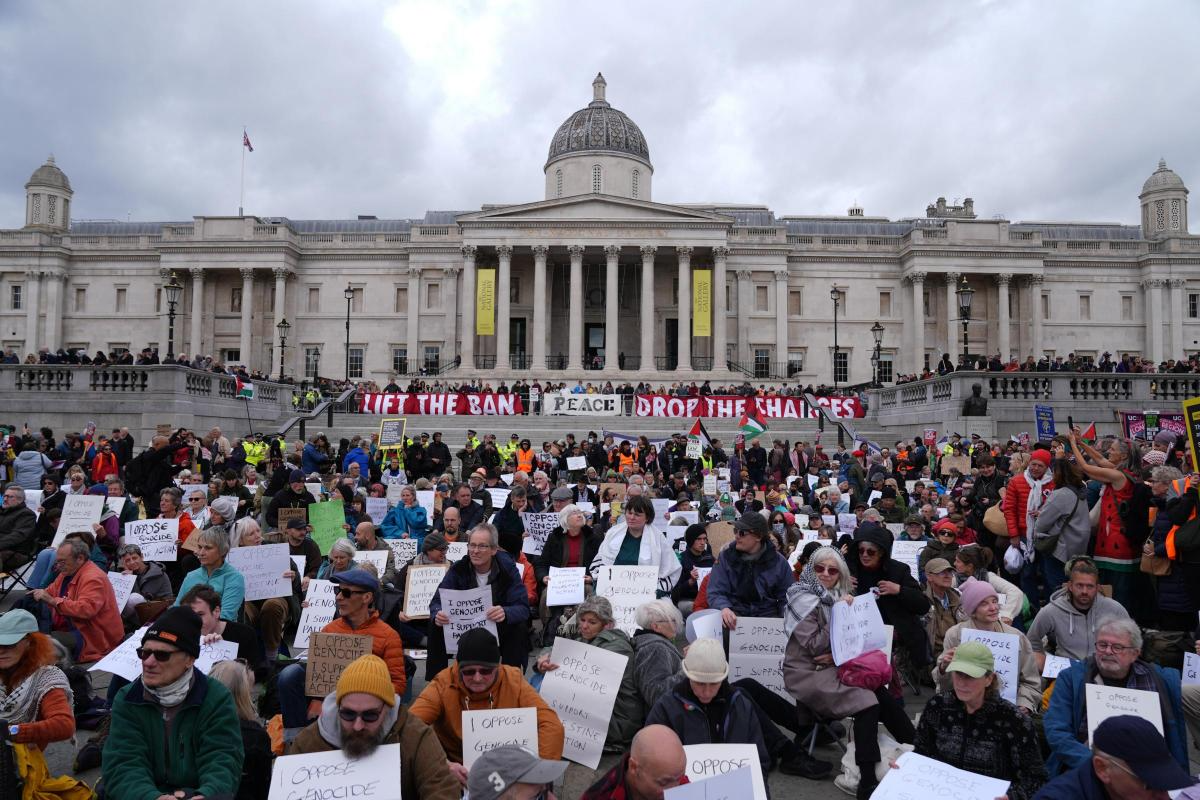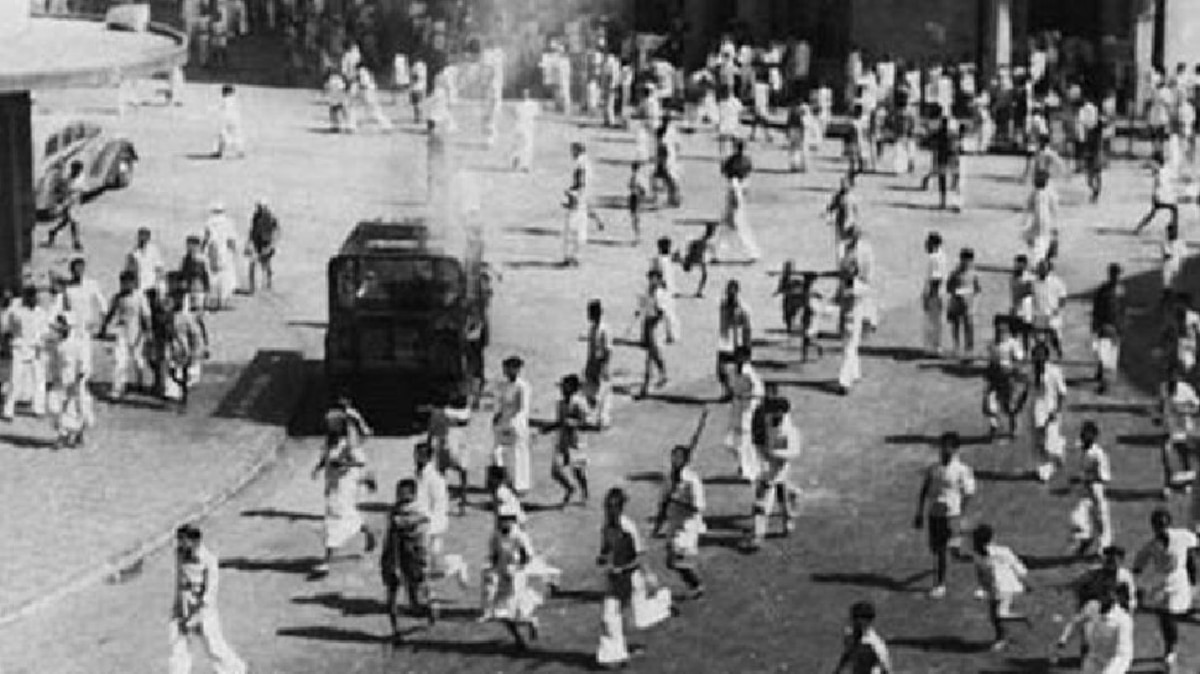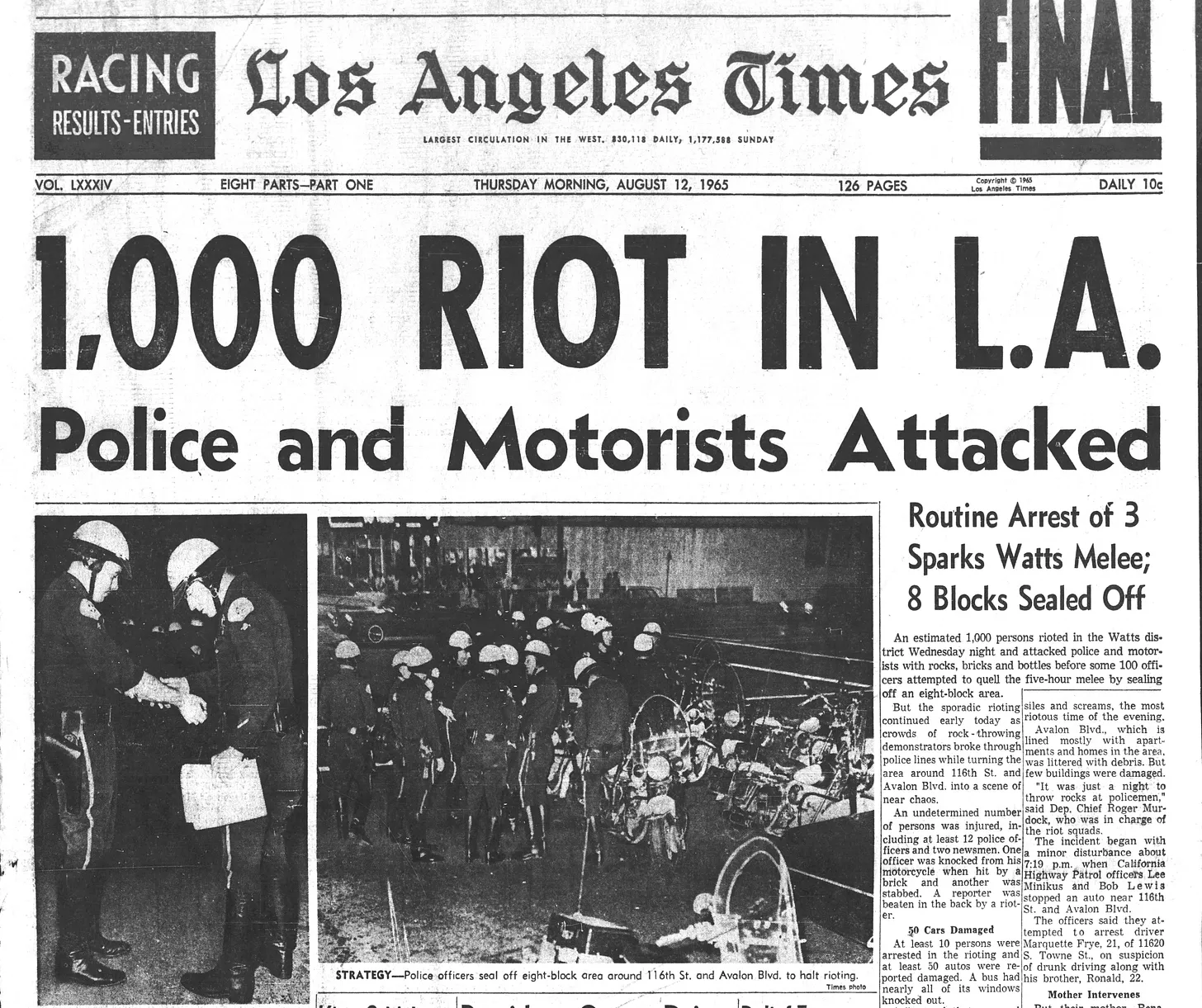⏸️ Why the Palestine protest should have paused — not out of fear, but out of love.
True nonviolence requires empathic action toward opponents. A movement that shows compassion in the face of grief will win far more than headlines.

On balance, I think Saturday’s civil disobedience in support of Palestine Action should have been paused. In the wake of the recent terrorist attack on Jews in Manchester, postponing would not have been a weakness — it would have been a moral act of strength. It would have slowed the spiral of polarisation, built trust, and thereby drawn more people in for the next protest. The deeper reason for doing so is that ethics and connection are ends in themselves. When we expose our own vulnerability, we show our humanity.
I don’t say this to criticise those who chose to go ahead. Many are close friends and people I deeply respect. There are always real risks in pausing a campaign — it can break momentum, confuse supporters, and hand ammunition to opponents. I understand those fears. However, it is essential to recognise that civil disobedience, properly understood, is effective when it combines two key forms of power: disruption and trust. The numbers on the street matter, but so does the ability to build a bridge with those in power — to give them a way to back down without humiliation. That is how positive change happens.

In this case, members of the Labour government know they have overplayed their hand. Palestine Action is clearly not a terrorist organisation, and the ministers’ proscription has led to more than two thousand arrests. Still, it is difficult to admit they were wrong. To “stay strong”, they have to double down on their lies. They cannot be seen to lose face.
This is where moral strategy comes in. The task for nonviolent campaigners is not just to mobilise numbers, but to help their opponents out of the corner they’ve backed themselves into. Calling off Saturday’s protest could have created that opening. Activists might have gone instead to Manchester — not to make a political point, but to offer a letter of genuine solidarity to the local Jewish community. It would have been a gesture of grace, not a manoeuvre: a simple act of kindness.
The movement could seize this moment to make a public commitment to deep nonviolence. Palestine Action should state clearly that it will stop secretive sabotage of property linked to Israel and instead turn to open, participatory civil disobedience. Such a shift would give the government the “face-saving” path it needs to respond by lifting the proscription. It would also place the movement firmly in the moral lineage of Gandhi and Martin Luther King, winning not just by physical pressure but by acting with dignity.

This strategy emphatically does not mean stopping the actions; instead, they need to be stepped up. Civil disobedience succeeds when people peacefully and publicly break unjust laws - again and again. We saw this with Extinction Rebellion’s ten-day occupation of central London in 2019 and again in the Netherlands, where daily sit-downs by the climate movement have forced the state to concede its demands. You win through persistence — and by refusing to stop until power gives way. The subsequent protests for Gaza have to continue day after day until they win.
The real question here is whether Britain’s liberal establishment will have the courage to join in such actions. Editors, MPs, and trade union leaders like to issue statements about civil liberties and solidarity with the oppressed, but they need to be arrested to defend these vital principles. The government is criminalising dissent and aligning itself with genocide. This is their moment to act. If not now, when?
If such solidarity emerged, it could mark a turning point — demonstrating the moral courage required to defend civil liberties. This then is how mass nonviolence works: through love and disruption in equal measure. As we used to say in XR, “maximum love, maximum disruption”.
Such a victory would matter beyond Britain. It could show Palestinians — and the world — that civil resistance offers a way out of endless war. History shows that nonviolent movements have never been without risk — yet they remain the only path that provides the possibility of a permanent end to killing.
And there is an even deeper point. Around the world, democratic culture is collapsing under the belief that the only way to win is to destroy your enemy — to lie, threaten, insult, and, if necessary, kill. This logic of “whatever it takes” is poisoning our societies. It is the path to fascism.

The greatest crisis in human history is closing in upon us. Within twenty years, as we pass 2C, Israel and much of the Arab world will be facing mass evacuation as the region becomes uninhabitable. Two warring sides fight beneath the gathering storm of climate collapse. Humanity faces a choice: we either find a way to reconcile peacefully, or we die along with our opponents.
We must choose love and forgiveness over vengeance and force. Not only because it works, but also because it is the only way to live a genuinely human life.
This article is a shortened account of the arguments presented in Roger’s upcoming book on nonviolence. Sign up as a paid supporter and be one of the first to receive it.
Since Roger’s release, we’ve already sold over 200 copies of his new prison writings.
Support the movement — and grab one for yourself or a friend today.
Over the last month, our videos and posts have garnered over 260,000 views across platforms — including 160,000 on Facebook and Reddit combined. From viral clips to thoughtful long-form talks, the message is spreading fast. We’re finding our rhythm, growing every day, and it’s only just beginning. The revolution is alive again — and this time, everyone’s watching. Please consider donating to support this initiative and follow along on your preferred social media platform.